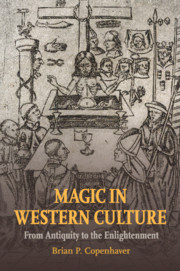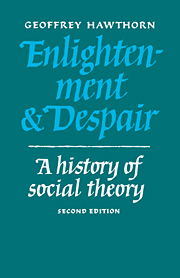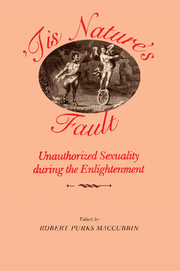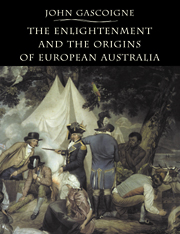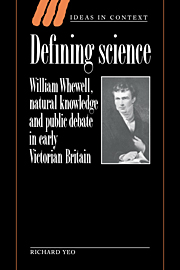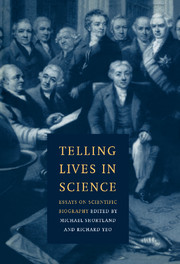Encyclopaedic Visions
The eighteenth-century English dictionaries of arts and sciences claimed to contain all knowledge that a person of education should possess. These early encyclopaedias responded to the explosion of information by reducing knowledge to essentials, stressing the need for a coherent account of the sciences, and for some time excluding biography and history. Richard Yeo places these scientific dictionaries in a rich cultural framework of debate that includes the arrangement of knowledge, the Republic of Letters, the Enlightenment public sphere, copyright issues and the specialisation of science. He discusses dilemmas involved in the quest for knowledge to be both organised and readily available, examining assumptions about the organisation, communication and control of knowledge in these works. Elegantly illustrated and accessibly written, Encyclopaedic Visions provides a major contribution to Enlightenment studies and the history of ideas in general.
- Interprets encyclopaedias as a response to the knowledge explosion of the eighteenth century
- Describes central importance of issues such as copyright and ownership of knowledge
- Discusses dilemmas involved in the quest to have knowledge both organised and accessible
Reviews & endorsements
"Beautifully, even alluringly produced." Journal of Interdisciplinary History
"Overall, Encyclopaedic Visions constitutes a stimulating and well-researched study. Jeff Loveland, Eighteenth-Century Scotland
"...thoroughly researched and very well written...The book is well illustrated with images from Enlightenment encyclopedias, the index is quite extensive, and the bibliography runs to 38 pages. Encyclopaedic Visions is highly recommended for academic libraries supporting history of science departments, library and information science programs, or history departments with an emphasis on intellectual history or history of the book." E-Streams
"Richard Yeo's ambitious study of a significant segment of encyclopaedic development is a contribution to the highly political debate about the dissemination and control of knowledge....His book is both serious and fascinating. It catches exactly the mixture of intellectual excitement and commercial enterprise that in the Enlightenment fueled the search for the 'best Book in the Universe.'" Judith Hawley, The Guardian
"...sensitive and engaging study of Enlightenment encylopaedias." Nature
" Encyclopedic Visions^ R contains thirty well-chosen illustrations and an extensive index. It is also very carefully researched in primary and secondary sources....Imsginative and informative, this book shows that British eighteenth-century encyclopedias deserve to be studied in their own right and should not continue to be eclipsed by the Encyclopedie." Journal of Modern History
"(Thomas Broman)[congratulates] the author on producing a learned and very readable book." Albion
"It is the great merit of Encyclopaedic Visions that it adds significantly to our understanding of the Enlightenment by focusing on the encyclopeadia as a cultural phenomenon. The importance of the study derives in part from its wide chronological sweep... It is the achievement of Encyclopaedic Visions to uncover the cultural roots of a tradition still distantly visible in the encyclopaedias that represent the continuing impulse to dam and contain the oceans of knowledge that surround us." Eighteenth-Century Thought
Product details
April 2001Hardback
9780521651912
358 pages
256 × 183 × 26 mm
0.965kg
Available
Table of Contents
- Introduction: the encyclopaedic tradition
- Part I:
- 1. Encyclopaedias in the Republic of Letters
- 2. Scientific dictionaries and 'compleat' knowledge
- 3. Containing knowledge
- Part II:
- 4. From commonplace books to encyclopaedias
- 5. 'The best book in the universe': Ephraim Chambers' Cyclopaedia
- 6. Communicating the arts and sciences
- 7. The Encyclopaedia Britannica and the Scottish Enlightenment
- Part III:
- 8. Copyright and public knowledge
- 9. Why dedicate an encyclopaedia to a king?
- 10. Editors and experts
- Conclusion.


